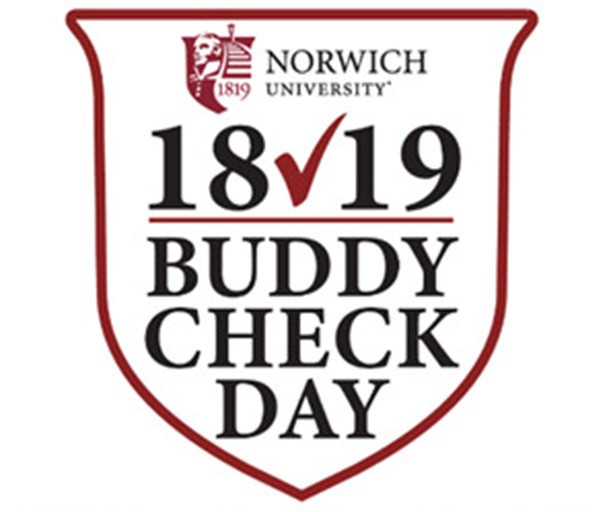
PTSD is your past fighting with your present and no one on the outside can see that battle. 
— CPT Joe Reagan USA ’04
Research shows that 22 veterans take their own lives every day, too often as a result of PTSD. Post-traumatic stress (PTS) and traumatic brain injuries (TBI) affect nearly one out of every three military personnel deployed to war zones since 2001. An estimated 30% of our nation’s first responders also experience symptoms of depression and post-traumatic stress. Labeled “invisible wounds,” the mental health changes that accompany these conditions have very visible symptoms such as depression, anxiety and substance abuse and impact not only the veterans and first responders themselves, but their families as well. Too often these invisible wounds lead to self-harm and suicide.
|
The common symptoms of someone suffering from PTSD are:
|
|
• Being jumpy or easily startled
• Having nightmares, vivid memories, or flashbacks
• Feeling emotionally cut off from others or constantly on guard
• Feeling numb or losing interest in things the person used to care about
• Feeling irritated or having angry outbursts
• Having difficulty sleeping or concentrating
|
The best thing you can do for someone with PTSD is to show you care and support them. Here are a couple of other tips:
• Educate yourself: PTSD is a condition that tends to be misunderstood and there is often a stigma attached to it. You can learn about how the symptoms make people feel and the emotional experience that can come with PTSD. Gaining an understanding can help you become more empathetic and clear up misconceptions you might have.
• Be supportive: People with PTSD often experience social isolation. Listening is critical for social support. Provide support with listening and showing you care.
• Be patient: Don’t pressure them to talk. When someone is ready to share with you, they will.
• Don’t judge: It can be hard for people to open up because of fear of judgement. Prepare yourself to potentially listen to difficult or upsetting stories that your friend needs to get off their chest. Don’t belittle the experiences or feelings.
• Encourage getting treatment: It’s beyond your control to make someone seek treatment. If they are ready or are considering treatment you can encourage them along the way and help explore treatment options.
The most fundamental responsibility of Norwich alumni is to look out for each other.
“We’ve Got Your Back!”